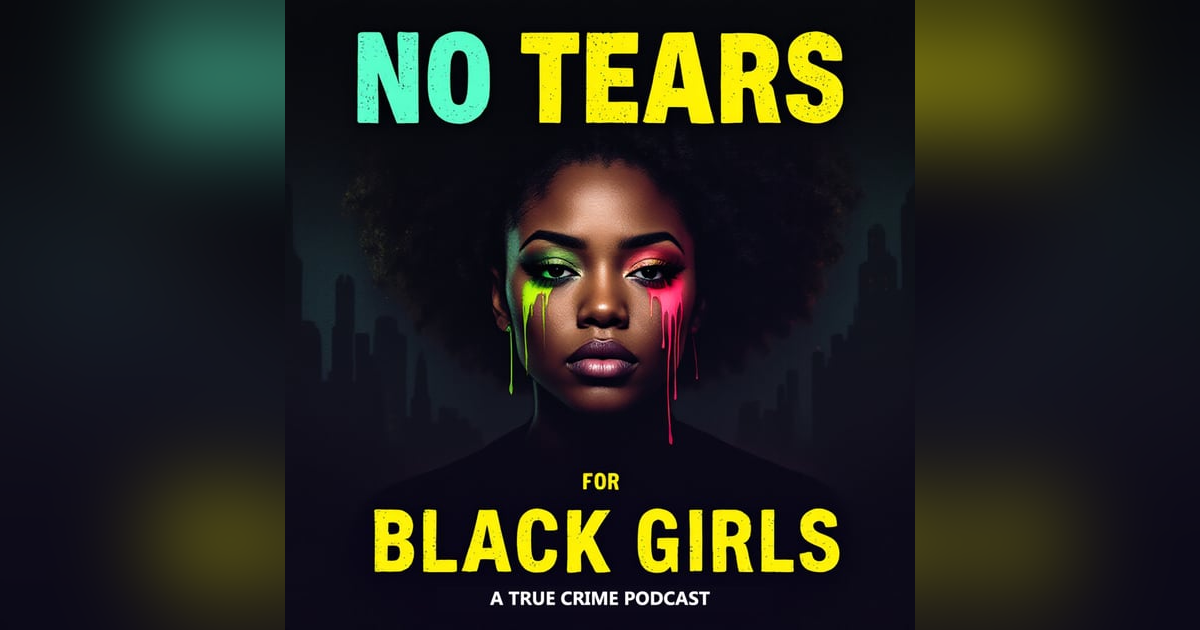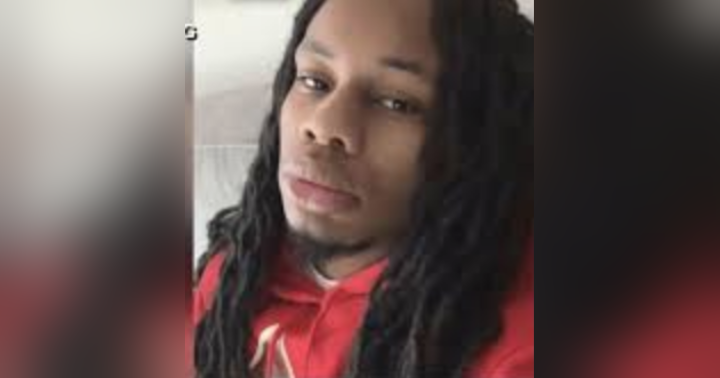The Armstrong Family Murders: Unraveling a Picture-Perfect Façade

When Tragedy Strikes Beneath the Surface of Perfection
In the tightly-knit community of Bel Air, Houston, July 2016 will forever remain a haunting month. The ruthless murders of Don and Antonio Armstrong—an esteemed and seemingly picture-perfect couple—shattered the veneer of their idyllic existence, sending shockwaves throughout their community. The podcast, "No Tears for Black Girls," delves into the intricate web of deceit, ambition, and greed that ultimately led to this devastating family tragedy.
The Armstrong Family's Glittering Exterior
Pillars of their community, Antonio and Don Armstrong epitomized success and family values. Antonio, a former NFL linebacker who went on to play in Canada's CFL due to injury, was not just a sports figure but also a motivational speaker and health advocate. Alongside his wife, Don, they co-owned a prestigious gym, First Class Training, attracting admiration from all who knew them.
On the surface, their family life seemed the epitome of success with three loving children: Josh, Don's son from a previous relationship; and their children together, 16-year-old AJ and 12-year-old Kara. Yet, as the podcast reveals, the Armstrongs harbored deep-seated secrets threatening to unravel their family from within.
The Shock of Tragedy
On the night of July 28, 2016, AJ Armstrong dialed 911 at 1:40 a.m., reporting gunshots in the house. Officers arrived to find Dawn already deceased from fatal gunshot wounds and Antonio Sr. critically injured. AJ and Kira, who had escaped harm, were now left dealing with the immense grief and repercussions of a severely fractured family.
The initial investigation revealed no signs of forced entry or significant struggle, baffling authorities. Tensions escalated when AJ's ambiguous and unemotional responses raised suspicions about his possible involvement in the crime.
Complex Relationships and Hidden Motives
As detectives dug deeper, they unearthed an intricate and troubling picture, far removed from the façade of a devoted couple. Infidelities, betrayals, and long-standing tensions marred Antonio and Dawn's marriage, potentially providing a motive for their tragic end.
The evidence began piling up against 16-year-old AJ Armstrong. He had a history of showing off his father's gun, inconsistent behavior, and bullet holes were found in his bedroom—presumably test shots conducted earlier. Yet even more puzzling were the missing fingerprints, the mysterious note left at the scene, and a freshly burnt carpet area emitting faint gasoline odors.
An Unexpected Twist: Another Possible Perpetrator
Then came a significant revelation from family friend Maxine Adams. According to her, Antonio's involvement in a prostitution ring, coupled with death threats, pointed to an alternative theory of organized crime retribution. Although the police found these claims unsubstantiated, they cast a shadow over the initial focus on AJ as the sole suspect.
Equally slow-burning was the introduction of Josh Armstrong, the eldest son battling schizophrenia and possessing a history of violent thoughts. His girlfriend testified to his fragile mental state following the murders, including fears of him hearing voices and experiencing paranoia. The defense's suggestion that Josh could also be involved further muddied the waters of this already complex case.
Pivotal Courtroom Drama
AJ Armstrong faced multiple trials, revealing a courtroom drama filled with fraught testimonies, unreliable security systems, and inconsistent accounts. The security system malfunctions, allegedly unreliable, were a cornerstone in AJ's defense, suggesting potential breaches that went unreported.
Witness testimonies from Kara Armstrong, detailing her brother Josh's struggles and the alleged unreliable alarm system, added another layer of complexity. Meanwhile, the defense's presentation of AJ as a typical rebellious teenager contrasted sharply against the prosecution's narrative painting him as a cold, calculated murderer influenced by grudges against his parents.
Despite the weight of evidence, including AJ's erratic cell phone activity and damning text exchanges with his parents, the mistrials reflected a jury deeply conflicted on his guilt.
An Unresolved Chapter
Two mistrials later, doubts linger. The community remains divided, grappling with the shock of unforseen familial turmoil and the lingering quest for justice. As the state gears up for a third trial, changing the trial's location might be the key to finding an impartial jury.
The tragic tale of the Armstrong murders underscores the potential darkness lurking beneath a façade of perfection. Whether AJ Armstrong is ultimately proven guilty or exonerated, this case serves as a chilling reminder of the devastating consequences of hidden secrets and unresolved tensions within seemingly ideal families.
"No Tears for Black Girls" promises to continue unraveling these complicated threads, ensuring that the Armstrong family's story is one that will not be forgotten.
Conclusion
The Armstrong family tragedy is a harrowing tale that exposes the complexities of family relationships, societal pressures, and the often-hidden facets of personal lives. As we await further court proceedings, the enduring pain and unanswered questions serve as a stark testament to the unseen turmoil that can lie behind closed doors.

















